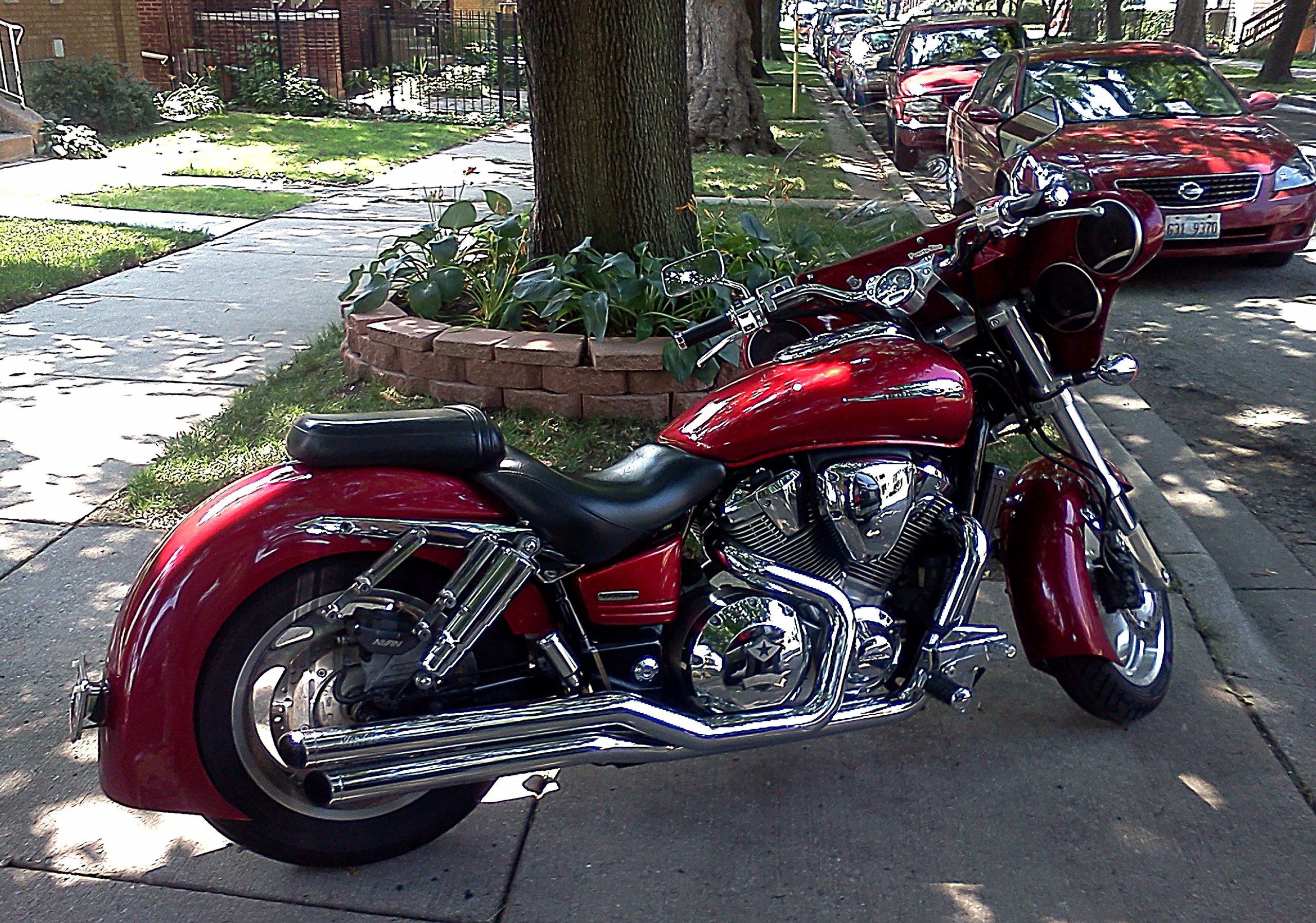 When finding yourself as a defendant in a lawsuit, you will want to limit your liability as much as possible. Your liability could be altered when a co-defendant is found to be at fault for the injuries to a certain extent. However, when one defendant is dismissed before the trial begins, can another defendant seeking to split the fault appeal the decision? A case arising out of St. Charles Parish aims to answer this question.
When finding yourself as a defendant in a lawsuit, you will want to limit your liability as much as possible. Your liability could be altered when a co-defendant is found to be at fault for the injuries to a certain extent. However, when one defendant is dismissed before the trial begins, can another defendant seeking to split the fault appeal the decision? A case arising out of St. Charles Parish aims to answer this question.
Devyn Allen, the defendant, was driving westbound on U.S. Highway 90 when he moved from the westbound lane into the center turn lane. When riding his motorcycle, the plaintiff, Tobias Dixon, hit the back of Allen’s car. Dixon was thrown from his motorcycle upon impact and landed on the pavement. While still on the pavement, Dixon alleged that Patrick Jackson, the co-defendant, ran Dixon over in his pickup truck. Dixon then sued Allen; Progressive Insurance Company, Allen’s insurer; Jackson; Command Construction Industries, Jackson’s employer; the Gray Insurance Company, Command’s insurer; Louisiana Pizza Group (LPG), Allen’s employer; and Tudor Insurance Company, LPG’s insurer.
Jackson, Command Construction, and the Gray Insurance Company then filed a motion for summary judgment, which asks the court to decide based on the arguments filed in favor of the filing party. Jackson argued that there was no evidence that he hit Dixon while lying on the pavement. The trial court agreed with Jackson and granted the motion. Following the decision, LPG appealed the decision arguing that there was a genuine issue of fact as to whether Jackson hit Dixon and that Jackson should also be held liable for Dixon’s injuries.
Motions for summary judgment can only be granted if there are no disputed facts that a jury would be required to resolve. Therefore, if LPG’s argument is correct, the motion that relieved Jackson of any fault should technically be reversed. The court of appeals explained that because Dixon, as the plaintiff, did not appeal the motion, the results of the judgment became final against Dixon and Jackson. Nunez v. Commercial Union Ins. Co., 00-3062 (La. 02/16/01), 780 So.2d 348, 349 and Grimes v. La. Med. Mut. Ins. Co., 10-0039 (La. 05/28/10), 36 So.3d 215, 217. Therefore, Jackson, his employer, and his insurer were dismissed from any potential liability. Since the summary judgment would be final against Dixon, he could not introduce any evidence of Jackson’s fault in the accident.
Further, La. C.C.P. art. 966 G prohibits further evidence from being introduced or comparative fault from being considered against a party relieved of any responsibility at summary judgment. Allowing a reversal of the summary judgment for LPG would contradict the Louisiana statute. The court explains that allowing LPG to introduce evidence of Jackson’s fault while prohibiting Dixon from doing the same would undermine the Louisiana statute.
The court of appeals ultimately agreed with the lower court and affirmed the motion for summary judgment, dismissing Jackson from the case. Multiple parties involved in an accident always cause complications. The best accident lawyers know how to navigate cases such as this.
Written By Berniard Law Firm
Other Berniard Law Firm Articles on Summary Judgments and Car Accidents: Florida Boulevard Car Accident Injury Claims Reinstated After Appeal of Summary Judgment
 Insurance Dispute Lawyer Blog
Insurance Dispute Lawyer Blog

